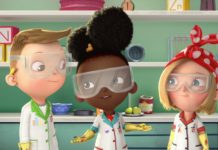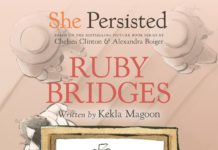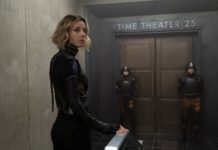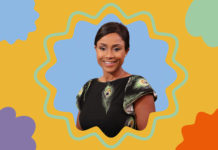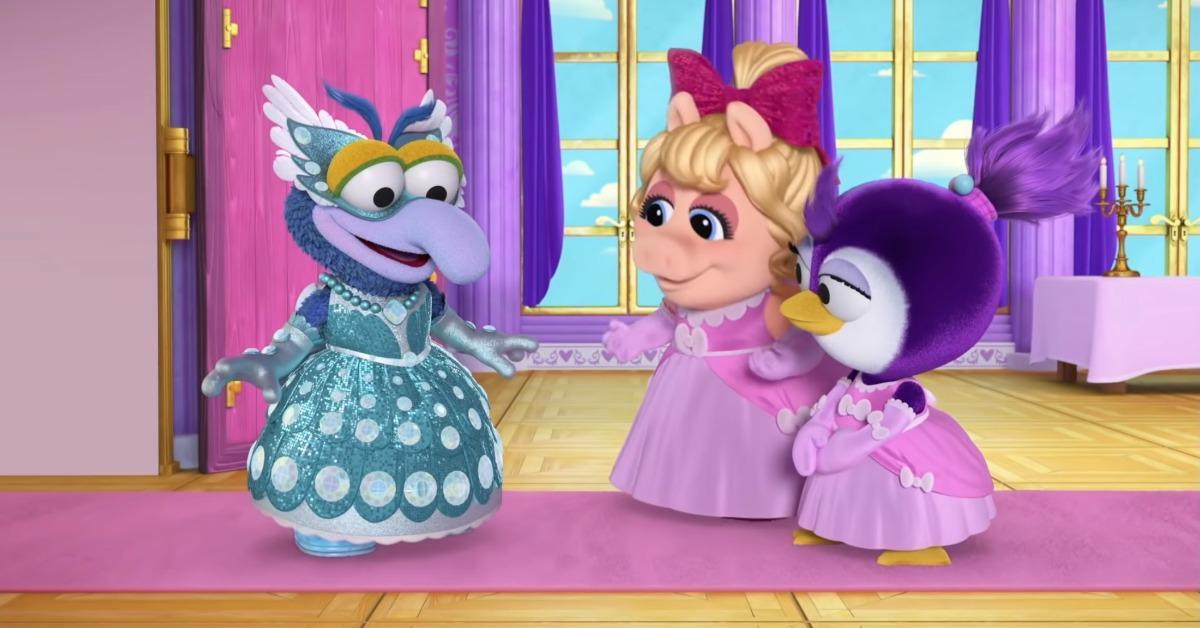
"You all expected me to look a certain way."
These words were muttered by a despondent cartoon muppet named Gonzo, who was recently showcased in an episode desiring to wear a dress to a ball with his friends instead of dressing up like a knight, like the boy muppets were supposed to do. Gonzo is gifted a "splenderific" dress by his fairy rat father, and arrives at the ball in a jaw-dropping manner. The girl muppets immediately mistake Gonzo for a mysterious new princess, and Gonzo plays along. However, the entire time Gonzo is doing things "wrong," according to Miss Piggy's old royal handbook that dictates the rules and roles of a royal ball.
"I want to be me."
Disney's Muppet Babies, along with other children's shows like Netflix's Ridley Jones, are beginning to introduce characters that expand the idea of gender for kids. While so many of us will see these moments in kids' shows as corporate pandering to garner support from a more progressive audience, I see it as an incredible opportunity for young kids to see themselves and their families reflected in the media.
I am a queer, nonbinary parent of four living in the South. My kids use my pronouns (which are they/them, by the way!), and they all call me Baba, which was the parental name that felt good to all of us when I came out to my kids as nonbinary five years ago. Since coming out as nonbinary, my wife and I had a baby together, who has only ever known me as their "Baba." Our baby, August, is now 3 years old, and I have watched in recent months as August has started to line up toys in descending size order and declare the cars as, "Daddy, Mommy, and Baby." August has never had a "daddy" before, and I immediately connected the dots to all of the family structures that are consistently being displayed in kids' TV shows.
To date, there are only a handful of cartoons that even showcase families with same-sex parents. So where is August supposed to learn that families like ours exist outside of these four walls? You'll be hard-pressed to find a public school system in Arkansas openly teaching kids about expansive family structures. For many of us, TV shows and movies help us make sense of the world around us. They unconsciously form categories in our brain of what belongs and what doesn't. What is deemed acceptable, and what we must reject in order to "fit in." So when my kid gets to see a small part of our shared world reflected in the TV shows we watch, that's a really big deal.
On a personal note, it also feels really, really good to see nonbinary representation in kids shows. For one, I myself have said the exact same things that Gonzo said during the episode. I just want to be me, but so many other people have expectations of what I should look like and how I should act that it took me 24 painful years of playing into an identity that was never meant for me. I sometimes struggle to even comprehend how my life would have been different had I known that gender is expansive, not limited. Secondly, I have a deep appreciation for the acceptance that is modeled in these children shows. It's so simple and so sweet. There's the recognition that judging someone just because they are different is wrong, an immediate apology is issued, and then the playing resumes. Not only are kids getting to see themselves and their families represented, but kids are also given a model for how to accept others just as they are and what to do if a mistake is made. Goodness gracious, adults could use that lesson 10 times over.
"You're our friend and we love you any way you are."
By the end of the episode, Gonzo has convinced the other muppets at the ball to let loose and forget about the royal handbook. Without question, this is when the muppets are all seen having the most fun—breaking the predefined definitions about who they are supposed to be and how they are supposed to act. They are enjoying themselves most when they are allowed to just be who they are. Gonzo makes this same point when confronted by the other muppets at the end of the episode when "Gonzo-rella" is revealed to be Gonzo. "You all expected me to look a certain way. I don't want you to be upset with me, but I don't want to do things because that's the way they've always been done either. I want to be me." While there is still much left to do in terms of representation, structural change, and shifting societal norms, for now I will snuggle up with my 3-year-old and watch Gonzo slay it at the ball one more time.


